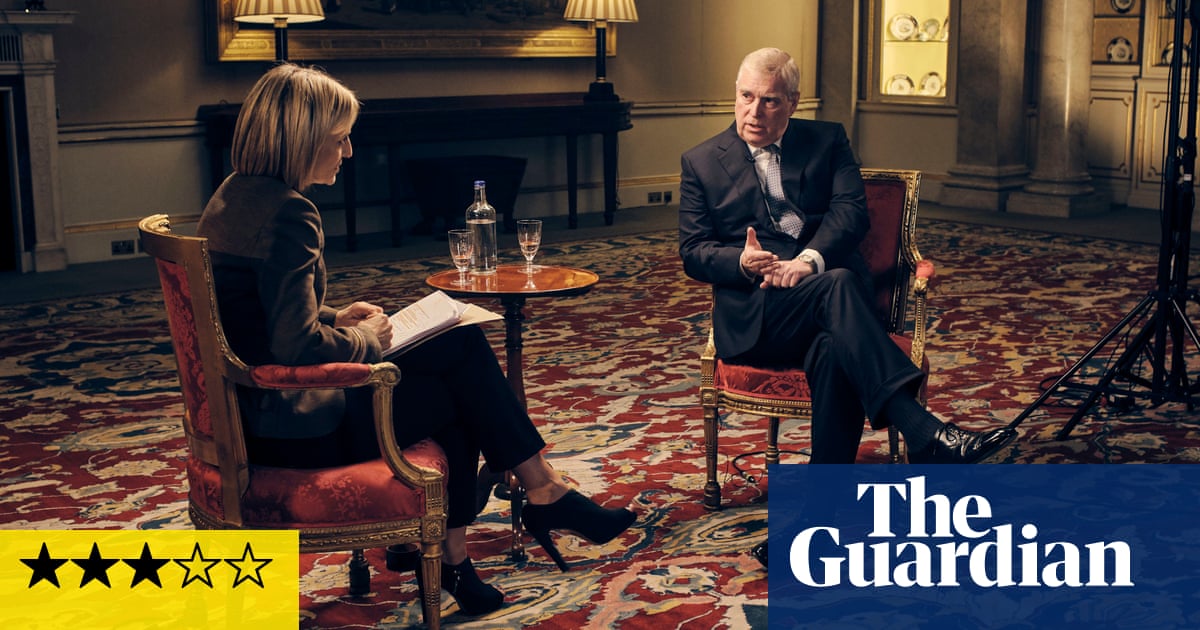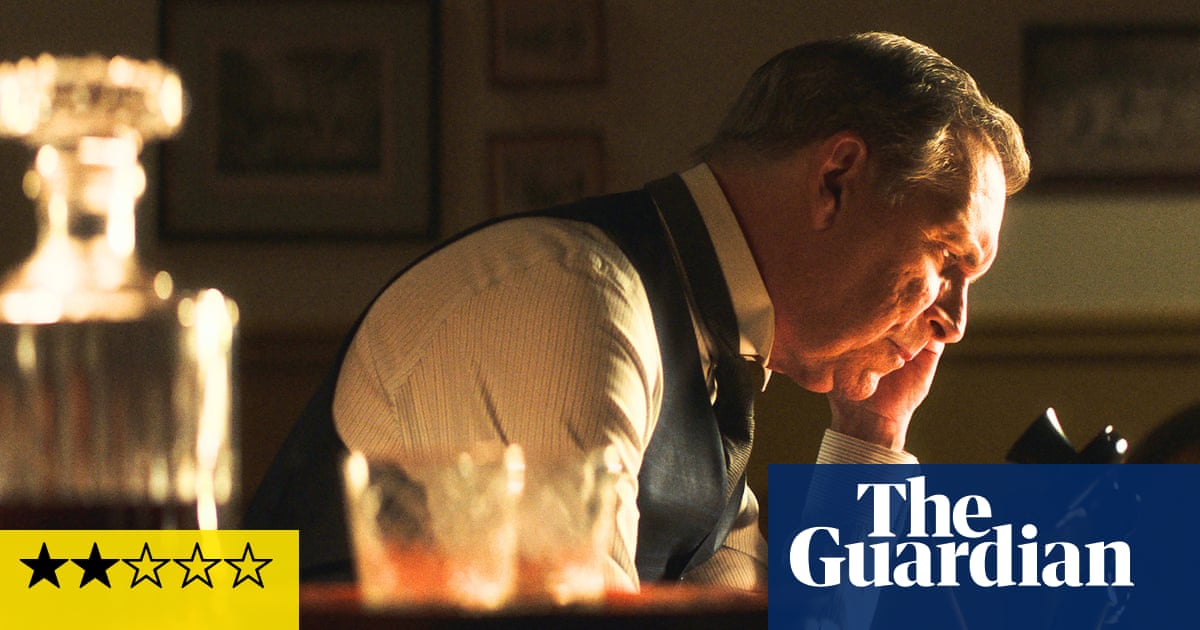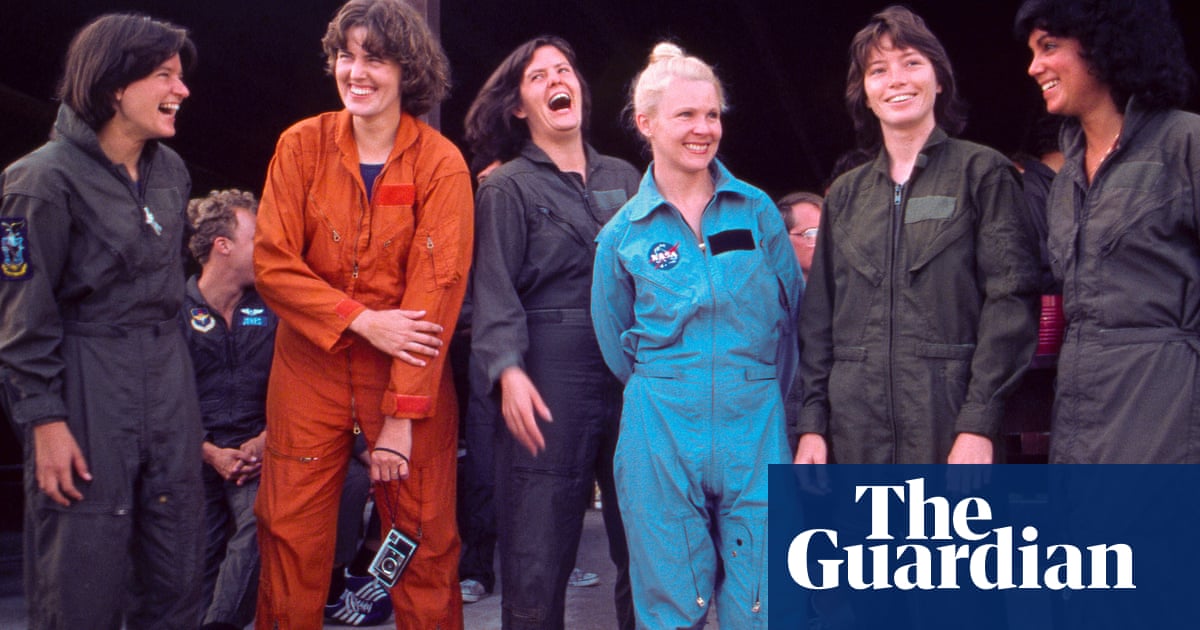
Grenfell: The Untold Story (Channel 4) is a beautiful film about the most awful of subjects. The simple tragedy of 70 people dying in one night – two more thereafter – when a tower block caught fire is terrible enough. The story of how and why it became the inferno it did, capable of unleashing such devastation, is presented as one of such moral failure and ugliness that if you hadn’t witnessed it unfold you would half-believe it was a fable for our times.
But we did witness it. First in the headlines and the contemporary footage of the fire itself as – in the early hours of the morning of 14 June 2017 – it spread rapidly from a fridge in a fourth-floor flat up the outside of the recently refurbished 1970s block in west London. Then in the reports of the deaths – including 18 children, a quarter of all the young people who had lived in the tower. And then in the Grenfell inquiry, which confirmed that it was the exterior cladding, changed from the proposed type to a cheaper, more flammable kind that enabled the rapid spread of the flames and the production of toxic gases (which spread easily due to a lack of fire doors fit for purpose) – without which, one must presume, the death toll would have been lower.
Now we have further testimony. This documentary is built around footage shot by local artist Constantine Gras, who was commissioned by Grenfell’s management company in 2015 to record a 10-minute promotional film that included interviews with the residents about their lives, the community and their aspirations, as well as detailing the creation of a mural around the tower while the refurbishment took place. He hasn’t felt it right, Gras explains, to show the film he shot before now. And it is no wonder, as it resurrects the dead.
There is 27-year-old Mariem, whose brother we later see testifying at the Grenfell inquiry to her last moments. “I believe she could have got out but we knew she would never leave our mum.” She was on the phone to him from their flat on the top floor. She started to mumble, then he heard her banging on the floor. “Then she was no longer responding.” There is elegant, luminous Sheila, who died in the 15th-floor flat she had lived in for 32 years. There is Dennis, a quiet and unassuming man who did not make it out. And there is eight-year-old Medhi, talking excitedly about the “long tower” in the mural, who died with his parents, his brother and his sister on the 21st floor.
We see the adults mainly in the recordings Gras made not of the tenants’ daily lives but – extraordinarily, now – the meetings they had with those in charge of the refurbishment, with councillors and with their MP, Victoria Borwick (who suggests that families left without water simply bathe at their neighbours’: “You’ve just said you’re a community!”). The Grenfell Residents’ Group was set up when it became clear that the plans were being deviated from and the promised consultations failed to materialise.
Together with interviews with survivors of the fire, including Medhi’s aunt Hiwot, GRG founder Ed, and Marcio, whose heavily pregnant wife suffered a stillbirth as a result of the fire, they turn the film into a study of powerlessness. The former tenants recall – in tones somehow as measured as they are desperate – the endless evidence gathered of shoddy workmanship and dangers; the contempt with which they were treated (including workmen entering their homes and carrying out work without permission); the countless complaints and concerns ignored and the relentless intransigence of those in charge. Lorraine remembers the gaps all round the new windows fitted in her flat – “I could get my whole arm through” – that were ‘fixed’ with silicone filler. Repeated bodges like that would later allow the fire to get back into the block as it raced up the outside.
The film doesn’t lean heavily into analysis. Instead, it contrasts the platitudes falling from Peter Maddison’s mouth (senior manager of the Grenfell Tower management organisation) and the nonsense spouted by Borwick with the lived experience of the tower’s residents. What it says about the divisions that exists in the UK under barely regulated capitalism, from class to race to finances, could fill another film and hopefully will. In the meantime, we have this – television as democracy, seemingly the best way ordinary people have of getting themselves heard. The official Grenfell inquiry, meanwhile, has barely begun.












